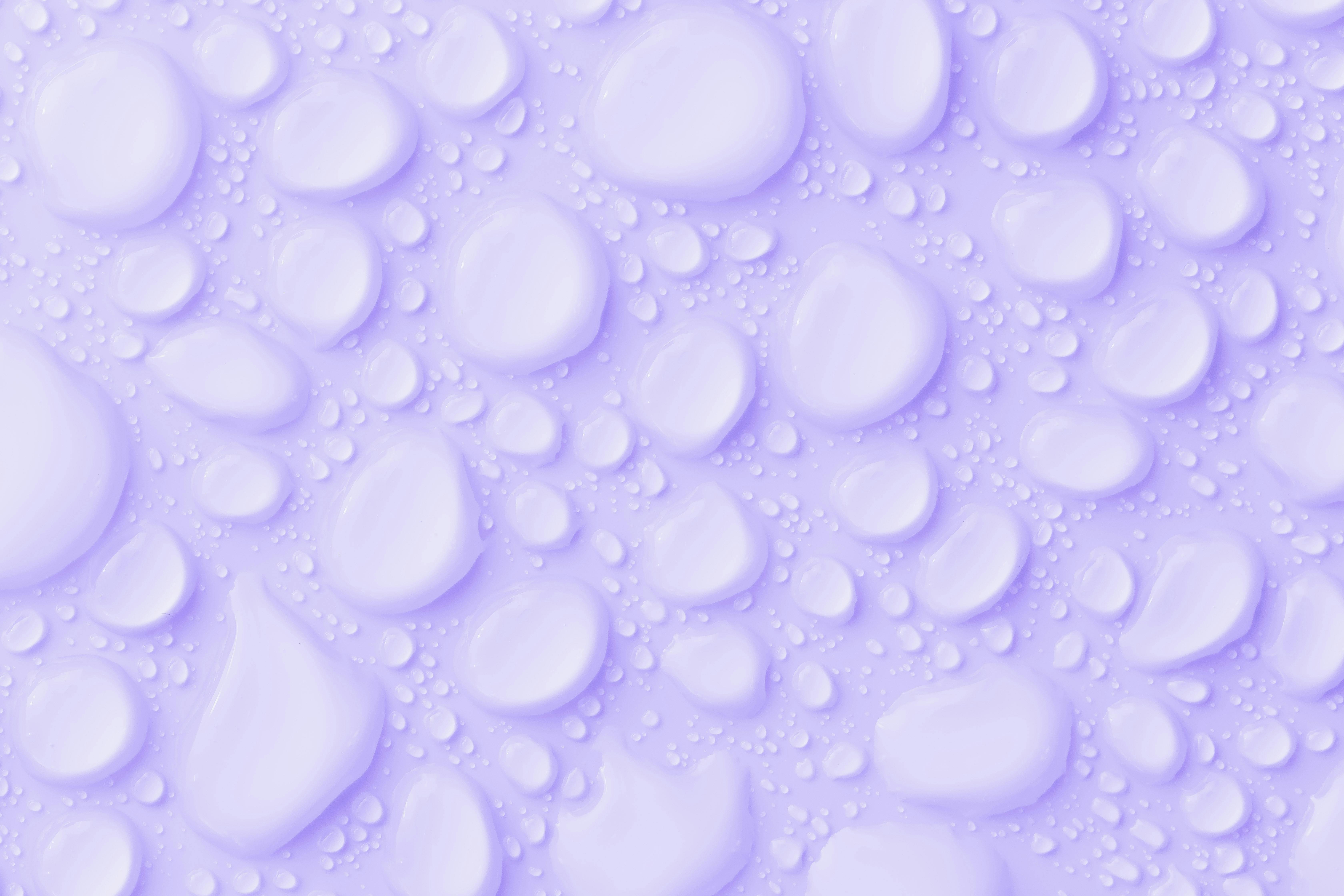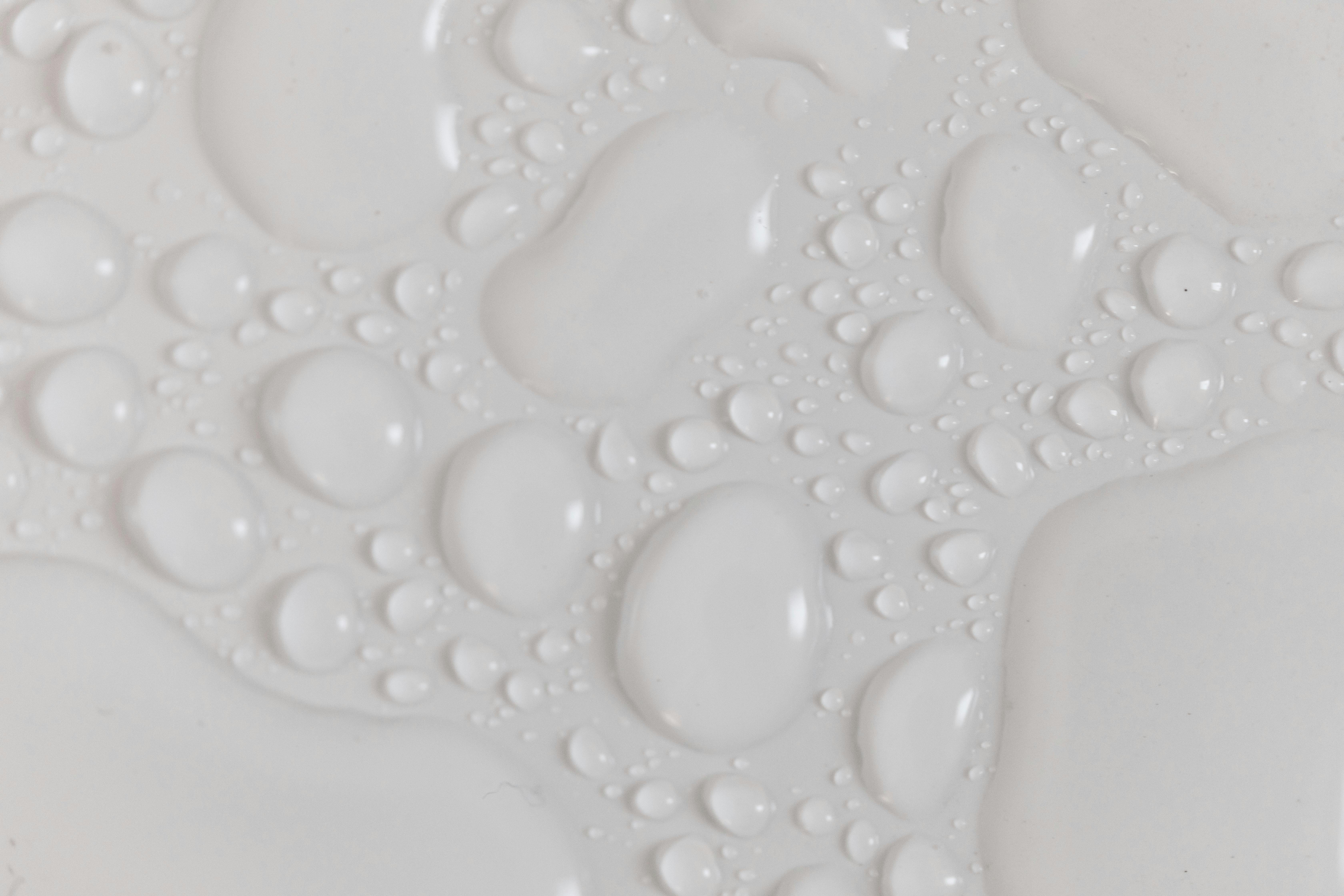Distilled and purified water have become increasingly popular in recent years, as more and more people focus on the importance of staying hydrated with clean water. But what is the difference between distilled and purified water? While both are types of filtered water, there are some important distinctions between them that it’s important to understand. In this article, we’ll take a look at the differences between distilled and purified water, including how each type of water is made, its advantages, and its drawbacks.Distilled water is water that has been boiled and then condensed back into a liquid form. The boiling process removes any impurities or minerals from the water, making it suitable for certain uses such as drinking or medical use. Distilled water is also used in some automobile cooling systems, steam irons, and to fill lead-acid batteries.
What Is Purified Water?
Purified water is water that has been treated to remove impurities, contaminants, and other unwanted substances. This process can involve filtration, distillation, or reverse osmosis. Purified water is often used in medical and laboratory settings where it needs to be free of contaminants that could cause illness or harm. It is also commonly used for drinking purposes in place of regular tap water as it can be free of chemicals like chlorine and fluoride which may be present in tap water. Purified water has also been used for pharmaceuticals and industrial processes where purity is essential.
The purification process involves removing sediment, bacteria, heavy metals, organic compounds, and other pollutants from the water before it is safe for consumption or use. This process includes a variety of techniques such as filtration through activated carbon, microfiltration, ultrafiltration, distillation, reverse osmosis (RO), ultraviolet radiation (UV) light treatment, chlorination and ozonation. Depending on the desired end-use of the purified water, different purification methods are employed. For example, drinking water needs to go through a more stringent pur
How Is Distilled Water Made?
Distilled water is made through a process called distillation. In this process, water is boiled and then the steam is collected and condensed back into liquid form. This process removes impurities, minerals, and other contaminants from the water. The result is pure, clean water that can be used for drinking, cooking, and other uses.
The distillation process begins with heating water until it reaches its boiling point. This causes the water molecules to become vaporized, rising into the air. As these vaporized molecules continue to rise in the air, they are cooled by condensation until they return to a liquid form. As this liquid condenses back into water droplets, any impurities or contaminants that were present in the original source of water are removed as part of the process.
The resulting distilled water is free from harmful particles such as bacteria and viruses as well as dissolved minerals and other substances that can make it unsafe for drinking or cooking purposes. Distilled water can also be used for industrial applications such as boiler feedwater or laboratory work where ultra-pure water is needed.
How Is Purified Water Made?
Purified water is water that has been treated to remove impurities, contaminants, and other unwanted particles. This type of water is typically used for drinking, cooking, and other purposes where health and safety are a priority. Purification methods vary depending on the type of water being treated, but usually involve some combination of filtration, ultraviolet light exposure, reverse osmosis, distillation, and other processes.
Filtration is a common method used to purify water. It involves passing the water through a filter or series of filters to remove small particles and contaminants. In some cases, the filters may be made from activated carbon or other materials that can adsorb impurities from the water as it passes through.
Ultraviolet (UV) light exposure is also used for purification purposes. In this case, UV lamps are used to irradiate the water and destroy microorganisms such as bacteria and viruses that may be present in it. The process does not add any chemicals or other substances to the water; it simply destroys any harmful microorganisms that may be present in it.
Advantages of Distilled Water
Distilled water has a number of advantages that make it an ideal choice for a variety of uses. Firstly, it is free from impurities such as minerals, salts and other solutes that can be found in other forms of water. This makes it ideal for drinking, as there are no contaminants that can affect the taste or smell. Additionally, distilled water does not contain any chemicals such as chlorine or fluoride, which can also have an effect on the taste and smell of water.
In addition to being free from contaminants, distilled water is much more stable than other forms of water. It has a neutral pH level and is less likely to cause corrosion or damage to pipes. This makes it an ideal option for applications such as steam irons and humidifiers where the quality of the water needs to remain consistent over time.
Finally, distilled water is much cheaper than buying bottled water and can be easily produced at home with minimal effort. This means that you can save money on purchasing bottled water while still being able to enjoy clean and healthy drinking water.

What Are The Disadvantages Of Distilled Water?
Distilled water is free from impurities, but it also lacks many of the essential minerals and nutrients found in tap water. It has a flat taste and may not be as palatable as other types of bottled water. Additionally, the process of distillation removes calcium and magnesium, which are essential minerals for good health. This can lead to an increased risk of developing conditions such as osteoporosis.
Distilled water can also be more expensive than other types of bottled water. It is typically sold in specialised stores or online retailers, so it may not be readily available in all areas. Additionally, distilled water does not contain fluoride, which is important for protecting teeth from decay. To avoid this risk, people need to supplement their diet with other sources of fluoride or use fluoridated toothpaste.
Finally, distilled water can be corrosive to some metals such as copper and brass due to its low mineral content. This means that it should never be used in certain plumbing fixtures or hot water systems that contain these metals.
Advantages of Purified Water
Purified water has many advantages over regular tap water, including improved taste and clarity, decreased risk of contamination, and increased hydration. Purification removes impurities such as chlorine, sediment, and other contaminants that can be found in tap water. The process also removes certain minerals that can cause an unpleasant taste or odor in regular drinking water. Purifying water is a safe way to ensure that you are consuming clean and safe drinking water.
Another benefit of purified water is the reduction of risk for exposure to bacteria and other contaminants. Unfiltered tap water may contain microorganisms or other contaminants that could potentially lead to illness if consumed. By purifying the water, these risks are greatly reduced as contaminants are removed through the filtration process.
Purified water also helps improve hydration, as it contains fewer additives and minerals than regular tap water. This means less sodium and other minerals which can interfere with proper hydration levels in your body. Additionally, purified water tastes better than unfiltered tap water due to its lack of impurities which can affect the flavor of the beverage.
Overall, there are numerous benefits
What Are The Disadvantages of Purified Water?
Purified water has its benefits, but it also has a few drawbacks. One of the main disadvantages of purified water is that it can be expensive. Depending on the type of purification method used, the cost of purifying water can be high. Additionally, purifying water can require a lot of energy and resources.
Another disadvantage of purified water is that it may lack essential minerals and nutrients that are found naturally in water. Although some purification processes may add minerals and nutrients back into the water, they do not always restore the levels to what they were before being purified.
Finally, some purification processes can strip away beneficial bacteria from the water that helps protect against harmful pathogens. This means that although purified water may be free from viruses and bacteria, it does not have any beneficial bacteria to help fight off potential illnesses or diseases caused by other sources.
In conclusion, while purified water can provide many benefits such as ensuring safe drinking water, there are also some disadvantages such as cost and lack of essential minerals and nutrients that must be taken into consideration when deciding whether or not to

Conclusion
Distilled water is produced through the process of distillation, which involves boiling water and then condensing it back into liquid form. Distilled water is free of minerals and other impurities such as bacteria, viruses, and dissolved solids. Purified water is produced by a variety of methods, such as reverse osmosis, deionization, and activated carbon filtration. Although purified water does not contain the same level of contaminants as distilled water, it can still contain trace amounts of minerals and other substances.
The main difference between distilled and purified water is in the level of purity. Distilled water contains no minerals or any other impurities whereas purified water may still contain trace amounts of contaminants. Both types of water are safe to drink but distilled water is preferable for activities that require high levels of purity such as medical use or laboratory experiments. Ultimately, the choice between distilled and purified water depends on your needs and preferences.
No matter what type of drinking water you choose, it is important to stay hydrated with plenty of clean drinking water for optimal health.

